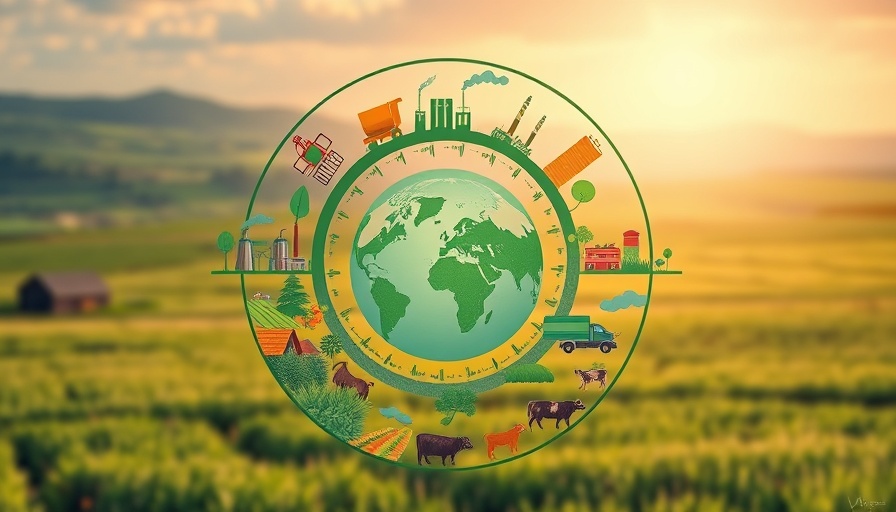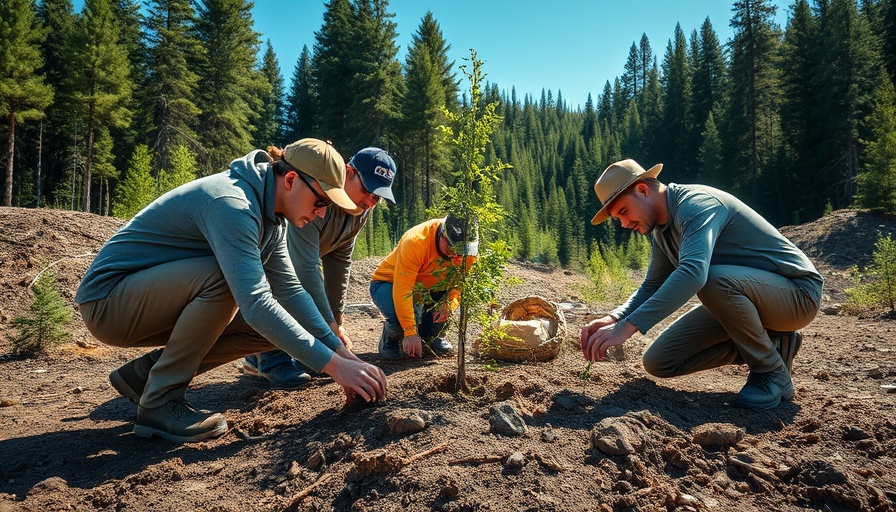
Revolutionizing Sustainability: The Power of Microbes
As climate change poses an increasing threat to life on Earth, scientists are exploring innovative solutions that could provide respite from this looming crisis. A recent report from the American Society of Microbiology (ASM) and the International Union of Microbiological Societies (IUMS) identifies microbes as a potentially vital ally in the battle against climate change. This research emphasizes the urgent need for transitioning from fossil fuels to a biological revolution that taps into the potential of these exceedingly small organisms.
Unlocking Energy Potential with Microbial Solutions
Microorganisms can consume organic matter to create clean bioenergy while sequestering carbon, effectively reducing greenhouse gas emissions. Researchers estimate that, if scaled appropriately, microbes could produce up to 245 exajoules of energy annually by 2050, surpassing current coal energy production. This transition presents not only an environmental solution but also an opportunity for economic growth and innovation in energy manufacturing.
From Academic Blind Spots to Public Awareness
The notion of using microbes for climate change mitigation is often overlooked, caught in a gap between public interest and substantial academic research. Authors like Nguyen K. Nguyen advocate for a greater focus on these biological solutions, citing that the revolution needed now mirrors the Industrial Revolution's transformative impact on society. We have the opportunity to create a thriving, sustainable future that minimizes our reliance on fossil fuels.
The Path Forward: Microbes as Biofuels
What can individuals do with this information? As consumers, supporting green energy initiatives and advocating for scientific research into microbial applications could drive meaningful change in public policy and investment. The challenge remains: how to effectively implement these solutions on a global scale.
Our Role in Earth’s Recovery
As we face food insecurity and rising global temperatures, fostering awareness of microbial solutions is essential. By promoting education on the benefits and capabilities of these organisms, we can participate actively in creating a sustainable future.
In conclusion, the integration of microbial technologies offers a promising avenue for addressing climate change and reshaping our energy landscape. The need to promote awareness and support for these innovations cannot be overstated, as they present both a way to heal our planet and enhance our quality of life.
 Add Row
Add Row  Add
Add 




 Add Row
Add Row  Add
Add 



Write A Comment